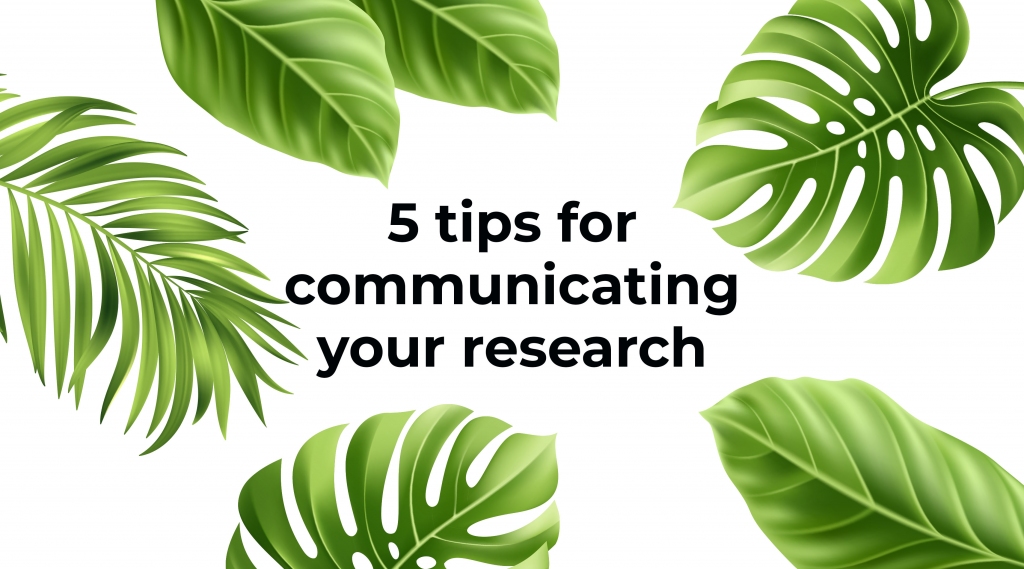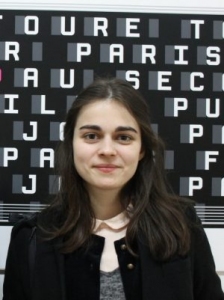
Read about the issues that affect today’s PhD students in an article from an Insights takeover by Postdoctoral students from the London Arts and Humanities Partnership, of which Routledge is a cultural partner.
Most doctoral projects concern narrow and hitherto neglected areas of research. This is their strength, as they will contribute to the bigger picture through in-depth analyses of its selected aspects. But as we plunge into our chosen topics, it is important to maintain the ability to communicate our research, its leading questions and anticipated goals, to a wider public. This becomes particularly pressing when research is funded by tax payers, foundations or universities. While the idea of translating our academic interests into simpler words can at times seem daunting, eventually it will help widen readership and create new opportunities.
Tip 1: Consider your audience
It was not long ago that I spoke about my doctoral project, which examines colonial photography from Algeria, with a PhD student in chemistry. Initially, my project seemed utterly obscure to her and for a good reason – it is rooted in the humanities and is both historically and geographically distant. It was only when our conversation drifted into the technical aspects of the medium, the chemical processes that feed into analog photography, that I caught her attention.
This was a good exercise as it made me think about how I could pitch my project to people coming from different backgrounds. It would be naive to assume that everyone is equally intrigued by our research. But once we begin to think about which aspects of it could be relevant to our diverse conversation partners, the chances that we will trigger their interest significantly increase.
Tip 2: Simplify your language
The temptation to demonstrate our knowledge of complicated terminology, which is specific to our disciplines, can be strong but can also put a conversation to a halt. Save the elaborate language for academic papers and specialist conferences, and choose clarity of expression to keep your conversation partner engaged and enthusiastic.
Tip 3: Present your work
While many universities encourage students to present papers at conferences only from the second year of doctoral research onwards, my experience shows that it can be beneficial at an earlier stage too. Taking part in a conference at Cambridge University prior to my ‘upgrade’ (the transfer from the first year of the PhD into the second one), allowed me to test the response to my ideas at an early stage, as well as gain valuable feedback which informed my further thinking. Conferences are also fantastic places to make new friendships – both professional and personal ones. Many of them result in publications, essential to getting your research across to different audiences.
Tip 4: Share your research in various ways
Be open to sharing your research not only at conferences or through publications but also on blogs, social media or even YouTube! For example, the Oxford Culture Review features a ‘Long View’ section where doctoral students are invited to share their research, writing in a captivating and accessible manner. For art historians such as myself, an Instagram account or a YouTube channel creates endless possibilities for showcasing visual material.
Tip 5: Keep being creative
When looking though hundreds of documents in archives and being buried with books at the library, it is easy to forget why we are doing this particular research at all. Posing ourselves questions about the value of our research can be extremely useful, as often its original significance has shifted due to contemporary events or growing scholarship. Various workshops or training programmes can give us further ideas about how our research can be useful to wider audiences. For example, my own funding body, the London Arts & Humanities Partnership, offers Public Engagement in the Arts & Humanities workshops or the Pathways into Public Policy Engagement program, which offer opportunities to think beyond the scope of our theses and the strict requirements of the PhD programme, and consider new ways of applying our research within society.

Katarzyna Falęcka is a LAHP-funded doctoral candidate in the History of Art Department at University College London. She earned a Bachelor’s degree from the Courtauld Institute of Art and a Masters degree from Worcester College, University of Oxford. Follow her on Twitter @kasia_falecka
Source: https://bit.ly/3AZtBAY